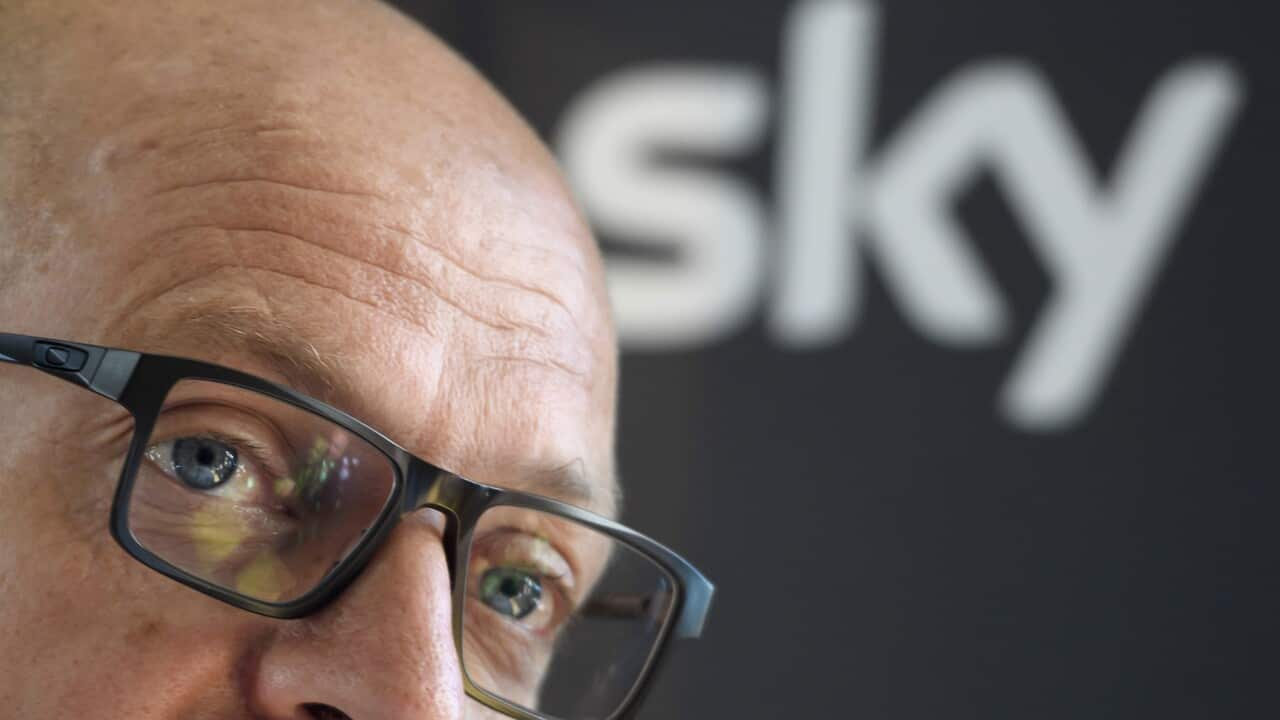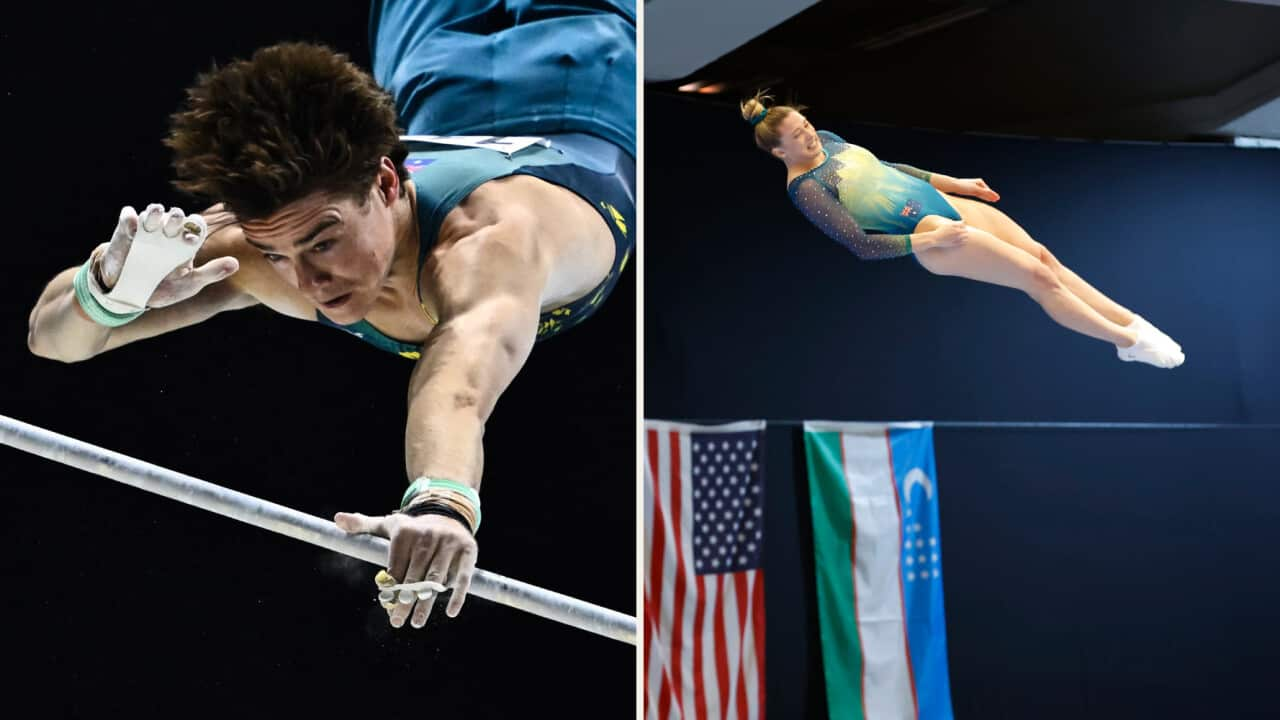I thought it quite apposite that the James Bond flick Skyfall was playing Sunday night, the same time a continent away Bradley Wiggins, after a week and a half's silence, attempted to defend his hitherto clean reputation on a BBC talk show.
So, what do we know so far?
Well, as far as Bradley Wiggins and Chris Froome are concerned, we know the details gleaned from the Russian-led hacking effort into the World Anti-Doping Agency (WADA) database to be true. From Wiggins, Froome or Team Sky principal Dave Brailsford, there has been no denial of any kind as to the veracity of the information revealed. Froome welcomed it, in fact.
"Is Team Sky doping? That's perhaps a bridge too far, but at best they've been disingenuous."
We also know that Team Sky has received 13 Therapeutic Use Exemptions (TUEs) since its inception in 2010. Three of these relate to Wiggins, and each TUE granted came before three of his major targets - the 2011 and 2012 Tours de France, and the 2013 Giro d'Italia.
Wiggins (and Sky, by default) claims it was for treatment of pollen allergies for during the period 2011-13. If that is the case, why was he successfully treated without the use of powerful corticosteroids while at Garmin, High Road, Cofidis, Crédit Agricole, Française des Jeux and the Linda McCartney Racing Team, the previous teams he rode for, and not at Team Sky? And if one is a lifelong sufferer of allergies, as Wiggins says he is, then why did the flare-ups worsen from the time he joined Team Sky - and if it was so severe to the point of endangering his well-being, why did the team not pull him out of the tours of France and Italy but instead break team policy?
from a 2013 interview Sunday Times journalist David Walsh conducted with Team Sky doctor Steve Peters: "We agreed as a team that if a rider, suffering from asthma, got into trouble with pollen we would pull him out of the race rather than apply for a Therapeutic Use Exemption on his behalf."
There is also Wiggins 2012 autobiography My Time, ghost-written by The Guardian's cycling writer William Fotheringham, where the recently crowned Tour champ unequivocally stated that needles were "a complete taboo... I've never had an injection, apart from my vaccinations and on occasion I've been put on a drip, when I've come down with diarrhoea or something." That no longer holds water, because three of the six TUEs granted to him relate to intramuscular injections of the drug triamcinolone (the first three TUEs were for asthma, issued between June-December 2008). In a statement issued soon after the leak, Wiggins now says what he meant was that he never received any intravenous (administered into the vein) as opposed to intramuscular (as the name implies, into the muscle) injections.
In nearly every article I've read there's been a disclaimer of sorts: "There is no suggestion of wrongdoing by Wiggins or anyone involved in his applications for TUEs."
Hang on a minute. Wiggins said one thing (no injections except for vaccinations and drips) but did another - sending a dose of a powerful corticosteroid pulsing through his body prior to each of his key season objectives from 2011-13. He claims it was to "level the playing field" against his competitors - how can he can sure that it didn't just normalise the playing field, but tipped it in his favour? "Bradley's intramuscular corticoid injections days before the Tour, that to me is worthy of eyebrow raising," Prentice Steffen, Wiggins' team doctor at Garmin in 2009, told Cyclingnews. Wiggins also said he was "really struggling" with asthma prior to the 2012 Tour, yet until this week, not one journalist has been able to dig up a quote from him mentioning it. Quite the contrary. Bradley said he was flying - and he was.
Wiggins said one thing (no injections except for vaccinations and drips) but did another - sending a dose of a powerful corticosteroid pulsing through his body prior to each of his key season objectives from 2011-13. He claims it was to "level the playing field" against his competitors - how can he can sure that it didn't just normalise the playing field, but tipped it in his favour? "Bradley's intramuscular corticoid injections days before the Tour, that to me is worthy of eyebrow raising," Prentice Steffen, Wiggins' team doctor at Garmin in 2009, told Cyclingnews. Wiggins also said he was "really struggling" with asthma prior to the 2012 Tour, yet until this week, not one journalist has been able to dig up a quote from him mentioning it. Quite the contrary. Bradley said he was flying - and he was.

"Really struggling" in 2012 - but won Paris-Nice, Tour de Romandie, Critérium du Dauphiné and the Tour de France. Source: Getty Images
Team Sky said one thing (they would prefer to pull a rider from a race rather than apply for a TUE) but did another. By applying for a TUE for Wiggins, and just prior to races like the Giro and Tour, it reinforced their commitment to him as team leader in each of the Grand Tours in question.
Is Team Sky doping? That's perhaps a bridge too far, but at best they've been disingenuous. At least we know why they chose not to align with the Movement for Credible Cycling, whose members voluntarily withdraw their riders from competition if they've been issued a TUE for a corticosteroid.
Doubt also should be cast over the UCI, who ultimately approve what is likely to be hundreds of TUEs each year. While all the attention is on Wiggins and Team Sky right now, there is the broader issue: how many other WorldTour cyclists are using (abusing?) what can only be described as both a legal and moral loophole in their use of corticoids and other WADA-banned substances under the veil of health prevention or restoration of health? And how many are doing so just prior to their major objectives of the season - what is the correlation between TUEs and results? "If I was on the TUE committee I would say, 'You can't have intramuscular corticoids three days before your biggest event', Steffen, now the chief medical officer at Cannondale-Drapac, said. "It's really on the UCI to review the cases and make sure that they're issued correctly."
Which, it seems, they're not.
"If the anti-doping community wishes to change the international standard (for allowing TUEs) then that could be done," said WADA president Sir Craig Reedie. Let's bloody well do it, then. What are we waiting for? We are at a point where an individual's privacy must take a back seat to the integrity of cycling, and sport, as a whole. "Want a good solution for TUEs? Make it compulsory to publicly disclose all TUEs," Jonathan Vaughters, CEO of Cannondale-Drapac, said. "Any athlete would think twice unless they really needed it."
Zero tolerance? For transparency perhaps. "The team that wanted to be seen as whiter than white had been dealing in shades of grey. What they did was legal, but it wasn't right," Walsh wrote last week under the headline, 'It looks bad, Brad'. , Brailsford said: "I can always look at myself in the mirror because I've never had a discussion with anyone about doping and I never will." First you need to jump back through the mirror, because with those many many millions bestowed each year, you've been living in Wonderland, Sir Dave.
Turns out Team Sky, despite pledging to be different, believing to be different, believing to be better, is no more transparent than any other team in the WorldTour. Plus ça change...













